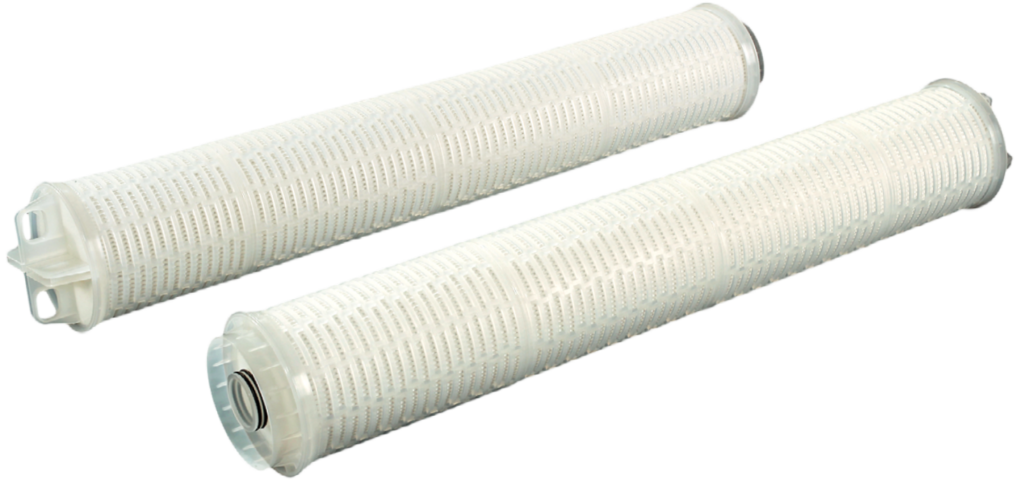Introduction:
In the realm of industrial and commercial operations, efficiency is paramount. From manufacturing plants to HVAC systems, every component plays a crucial role in ensuring smooth operations. Among these components, filters often go unnoticed despite their vital function in maintaining equipment performance. However, not all filters are created equal. High flow filters, distinguished by their exceptional filtration capabilities and increased flow rates, offer a plethora of benefits over conventional filters. In this blog, we delve into the top advantages of upgrading to high flow filters, shedding light on how they can optimize processes and enhance overall efficiency.
1. Enhanced Filtration Efficiency:
High flow filters are engineered to deliver superior filtration efficiency compared to standard filters. With advanced design and materials, they effectively capture contaminants, ranging from particulate matter to microorganisms, ensuring cleaner air or fluid streams. This heightened filtration capability translates to improved product quality, reduced equipment downtime, and enhanced operational reliability. Industries such as pharmaceuticals, food and beverage, and semiconductor manufacturing rely on high flow filters to maintain stringent cleanliness standards and uphold product integrity.
2. Increased Flow Rates:
One of the standout features of high flow filters is their ability to accommodate significantly higher flow rates compared to traditional filters. By allowing greater volumes of air or fluid to pass through within the same timeframe, high flow filters optimize system performance and throughput. This attribute is particularly beneficial in large-scale industrial applications where maintaining optimal flow rates is critical for productivity. Whether it’s HVAC systems, water treatment plants, or oil refineries, the ability to handle high flow rates efficiently is indispensable.

3. Cost Savings:
While the initial investment in high flow filters may be higher than that of standard filters, the long-term cost savings they offer are substantial. Their superior filtration efficiency reduces the frequency of filter replacements, resulting in lower maintenance costs and downtime. Additionally, the increased flow rates mean fewer filters are needed to achieve the desired throughput, further reducing operational expenses. Over time, the cost-effectiveness of high flow filters becomes evident, making them a wise investment for businesses looking to optimize their processes and minimize overheads.
4. Extended Service Life:
High flow filters are designed to withstand the rigors of demanding industrial environments, resulting in extended service life compared to conventional filters. Their robust construction and high-quality materials ensure durability even in harsh operating conditions, reducing the need for frequent replacements. This longevity not only saves on maintenance costs but also minimizes the risk of unexpected equipment failures due to filter malfunctions. As a result, businesses can experience uninterrupted operations and greater peace of mind knowing that their filtration systems are reliable and resilient.
5. Eco-Friendly Solutions:
In an era where sustainability is a top priority for businesses across various industries, high flow filters offer eco-friendly filtration solutions. Their longer service life and reduced need for replacements translate to fewer filter cartridges ending up in landfills, minimizing environmental impact. Additionally, by optimizing system efficiency and reducing energy consumption, high flow filters contribute to overall resource conservation. Companies committed to sustainability initiatives can leverage high flow filters as part of their efforts to reduce carbon footprint and promote environmental stewardship.

Conclusion:
In conclusion, the benefits of upgrading to Wrentham high flow filters are undeniable. From enhanced filtration efficiency and increased flow rates to cost savings and extended service life, these filters offer a host of advantages that can significantly improve industrial and commercial operations. By investing in high flow filters, businesses can optimize their processes, enhance product quality, and reduce maintenance expenses, all while demonstrating a commitment to sustainability. As technology continues to advance, high flow filters stand out as indispensable components in ensuring the smooth and efficient functioning of critical systems across various sectors.



